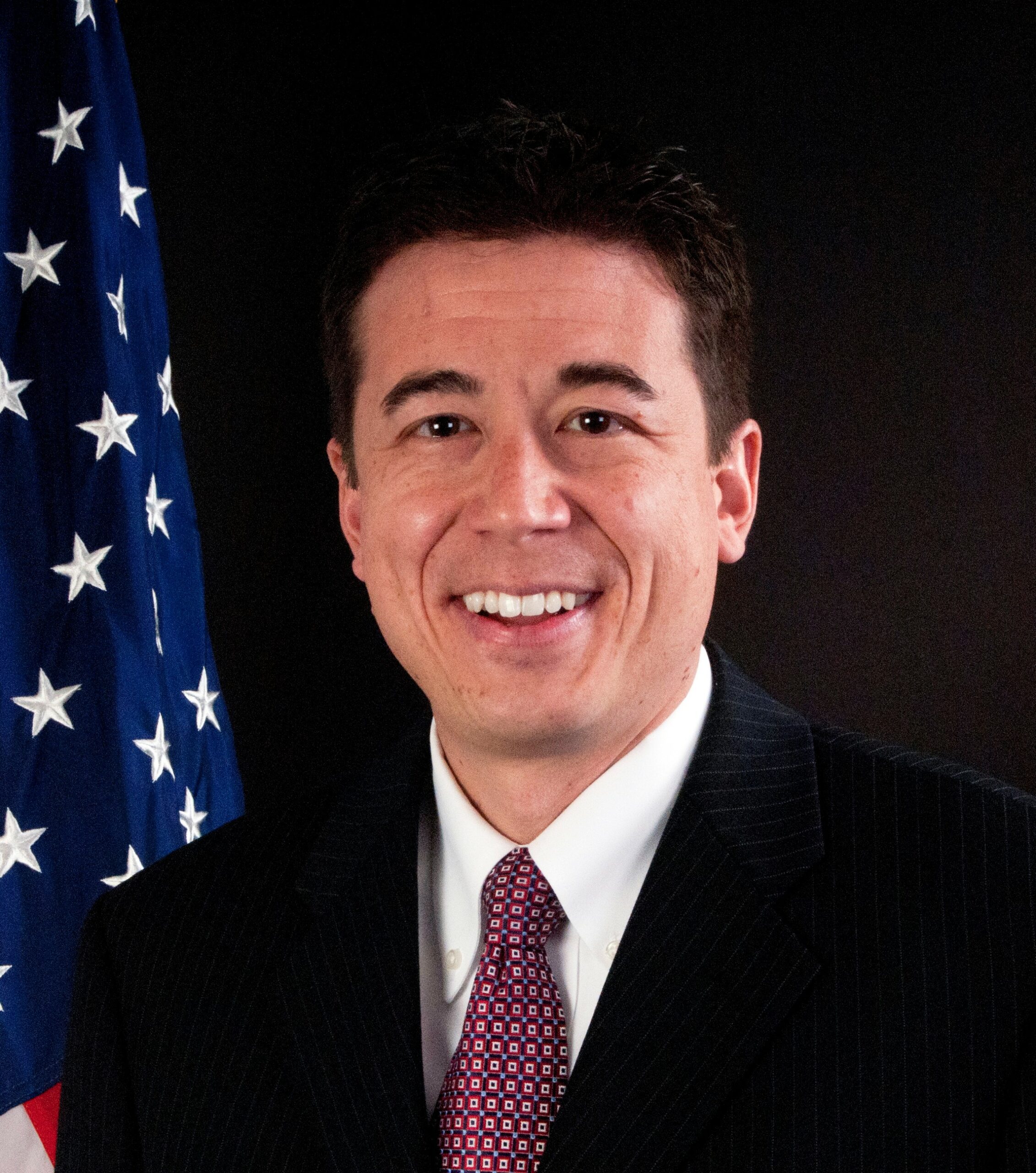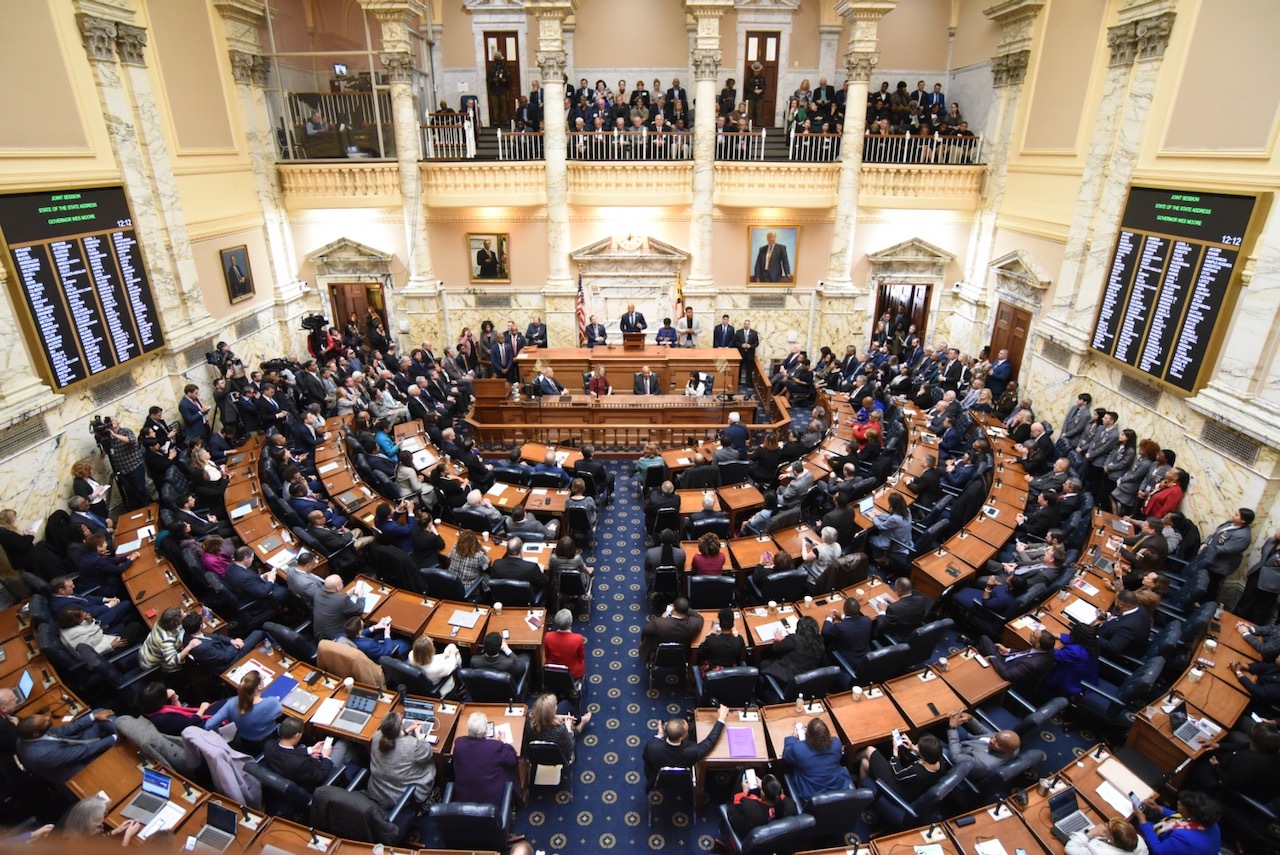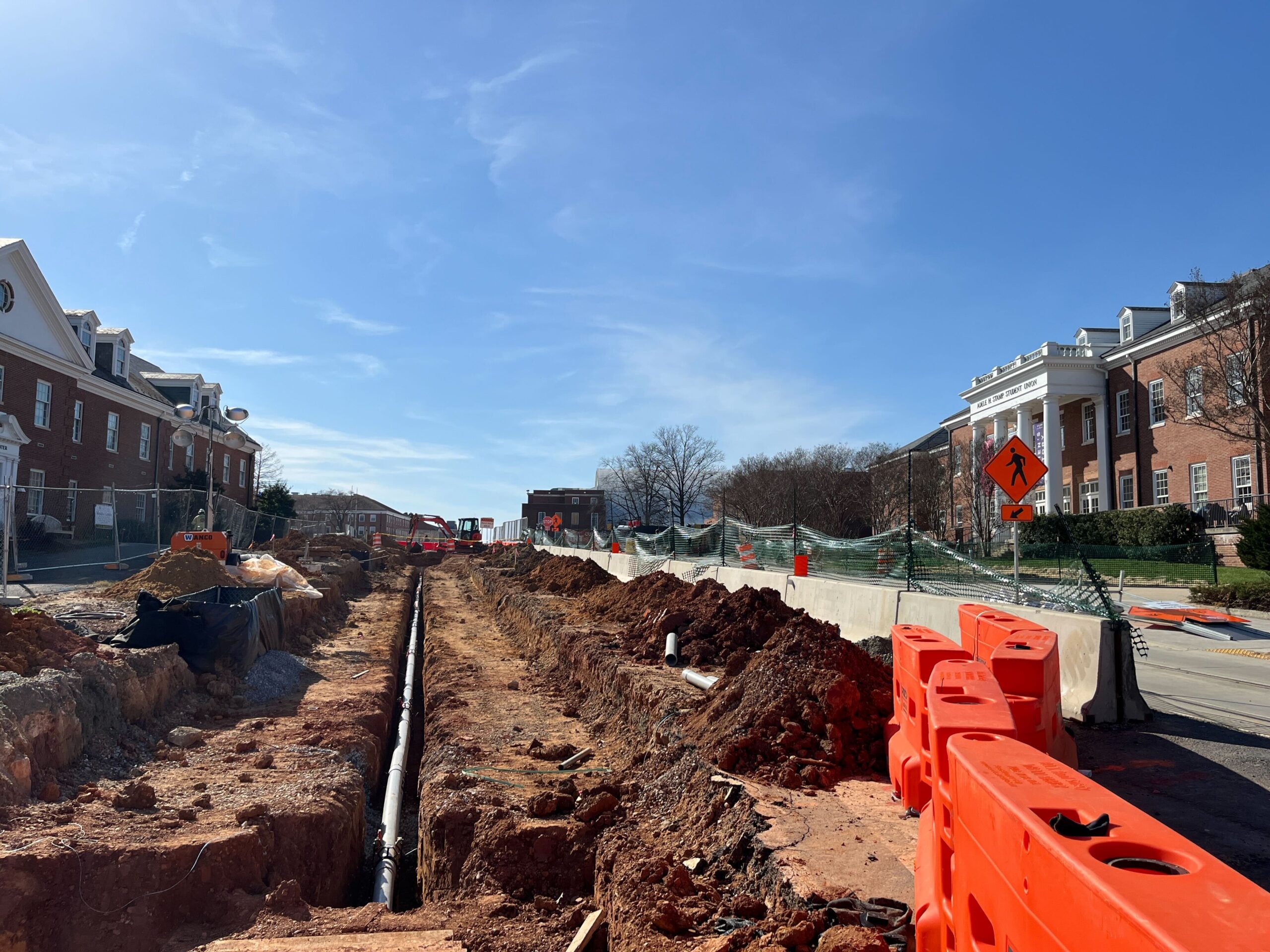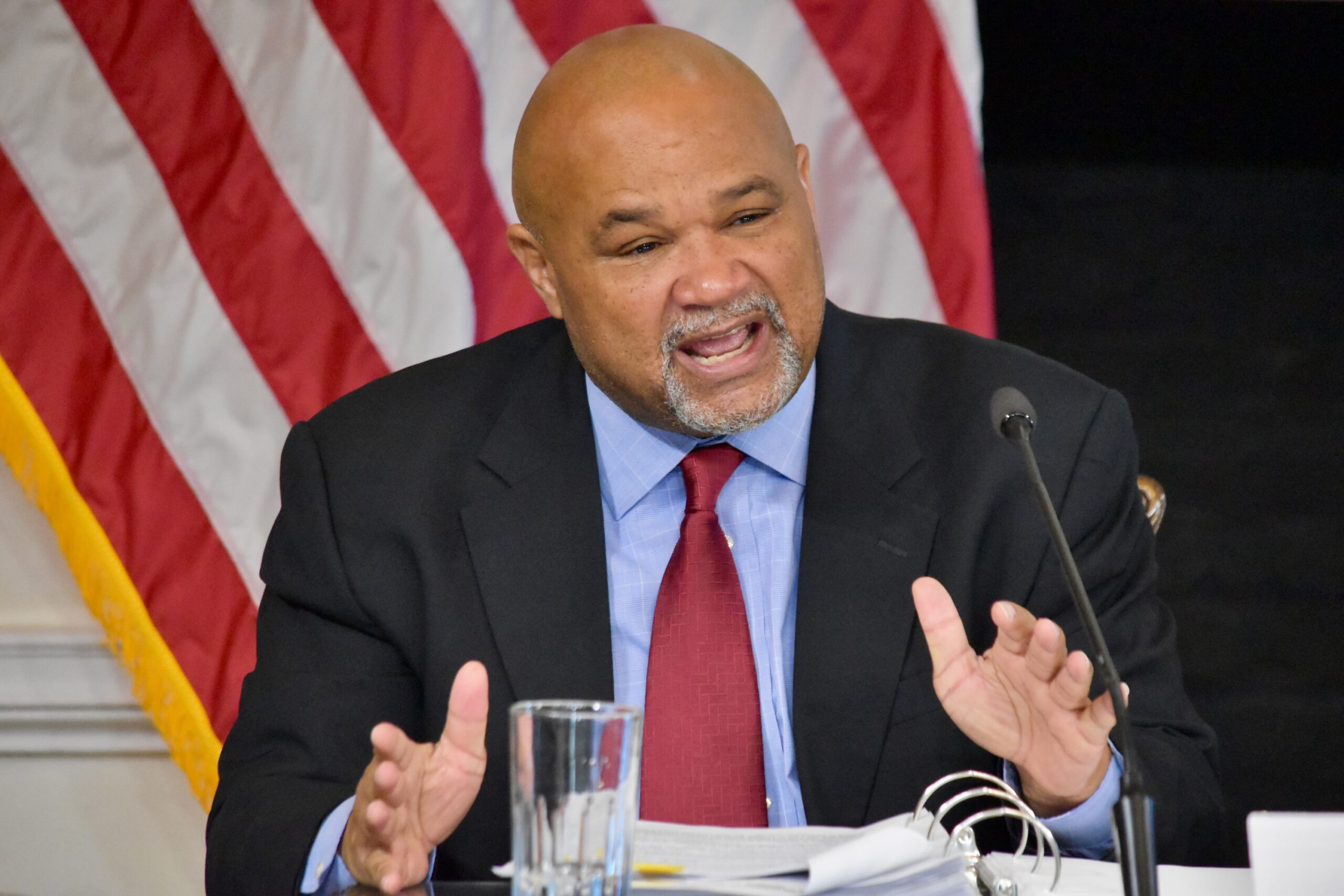Utility Regulators Advance Rate-Setting Plan They Opposed in Legislative Session

Months after opposing legislation in the General Assembly that would have changed the way utility rate increases are calculated, the Maryland Public Service Commission late last week signaled its support for some of the very same reforms.
What’s not clear yet is whether the PSC’s change of heart will ultimately be good for ratepayers.
The PSC issued an order late Friday saying it would seek to establish a long-term rate-setting structure that electric and gas utilities had lobbied heavily for in this year’s legislative session.
The PSC – along with state Attorney General Brian E. Frosh (D), consumer advocates and the editorial boards of The Baltimore Sun and The Washington Post – expressed skepticism about the legislation, saying it was rushed and could result in higher rates for customers of the state’s largest electric and gas utilities. In one hearing, all five PSC commissioners appeared before a legislative committee to oppose the bill – a rare occurrence.
Four months later, the PSC is essentially pushing the concept forward. The commission in its order said “multi-year rate plans would combine the stability of traditional ratemaking while permitting adjustments that better reflect the changing energy market.”
The commission’s order directs the Public Utility Law Judge Division to convene a working group of stakeholders to determine how best to implement multi-year rate plans.
In a statement, PSC Chairman Jason M. Stanek said the order “represents a historic step towards advancing ratemaking in Maryland.”
Traditionally, the PSC has set utility rates based on a company’s prior-year performance. But under the so-called multi-year system that the utilities had been seeking, the PSC would look ahead and consider a variety of factors – including market conditions, weather forecasts and climate change – to determine rate increases.
Maryland is actually an outlier when it comes to rate-setting: More than 30 states have already adopted some form of the long-term model.
But the PSC order also calls for regulators to consider utilities’ performance when setting rates – which would put Maryland ahead of the national curve.
“This is a big deal,” said Roger Berliner, a former Montgomery County Councilmember who has spent decades as an energy lawyer and regulator.
“This is a big breakthrough for the consumers, for the environment – to tie the utility’s ratemaking to the environment, to performance, to what’s most important to ratepayers,” said Berliner, who advocated for performance-based rate setting in a recent Maryland Matters op-ed.
House Economic Matters Chairman Dereck E. Davis (D-Prince George’s), who had sponsored the legislation that the PSC opposed earlier this year, said Tuesday he was pleased by the agency’s change of heart. He said a longer term rate structure will eliminate annual fights over utilities’ requests for increases.
“As long as we get there for the ratepayers, it doesn’t matter who gets the credit for it,” Davis said.
Davis’ legislation passed 83-51 in the House, but it ran aground in the Senate Finance Committee after increased scrutiny from Frosh’s office and the newspaper editorial boards. At one Senate hearing, Davis denounced the PSC for its opposition.
But in an interview Tuesday, Davis said he believes the measure is even stronger now that it has the performance-based provision.
“I think they got it right, quite frankly,” he said. “It’s something I hadn’t thought of. It seems like a really good provision.”
Consumer advocates aren’t quite ready to embrace the PSC’s new position yet.
AARP Maryland, the senior citizens’ group, fought Davis’ legislation and is skeptical about the new PSC order.
“Predictable rate increases for the next three to five years — particularly if unjustified — are no benefit to Maryland utility consumers,” said the group’s executive director, Hank Greenberg.
The PSC envisions the work group completing its recommendations by Dec. 20, and the commission is expected to issue a ruling to implement the new rate structure by Jan. 30, 2020.




 Creative Commons Attribution
Creative Commons Attribution